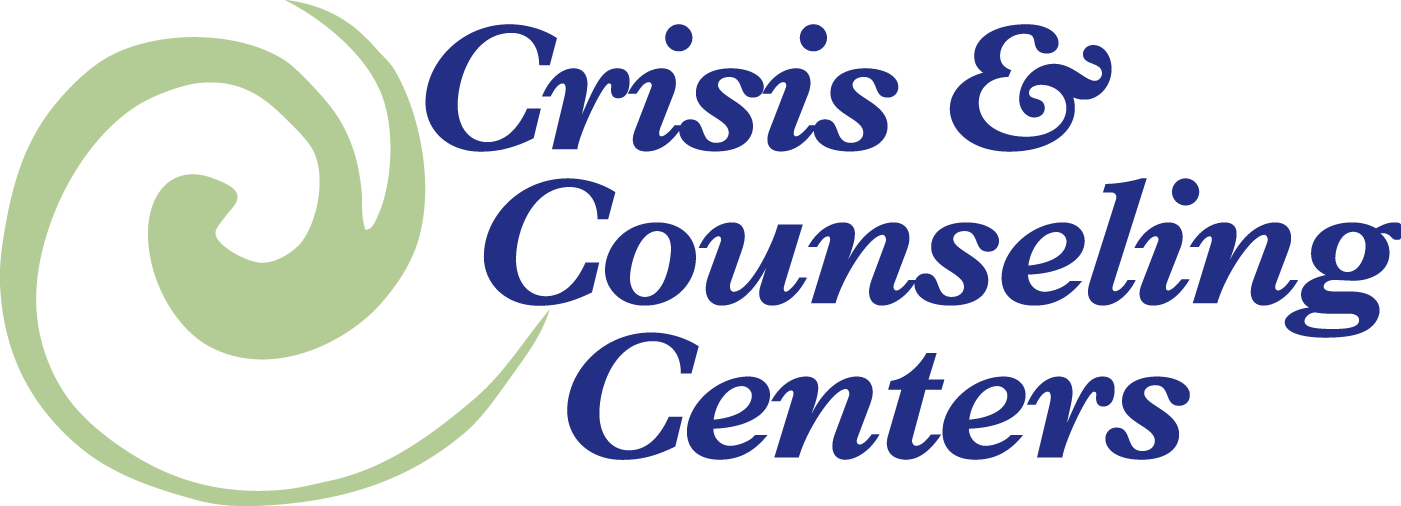Eye Movement Desensitization and Reprocessing (EMDR)
What to expect.
EMDR is a one-on-one therapy delivered by a trained therapist. Sessions usually take place once or twice a week for a total of 6-12 sessions, although some people benefit from fewer or more sessions. EMDR therapy is designed to resolve traumatic or disturbing experiences that continue to cause distress because the memory was not adequately processed.
Unlike other therapeutic treatments that focus on directly changing the emotions, thoughts, and responses resulting from traumatic experiences, EMDR therapy focuses directly on the memory and is intended to change the way that the memory is stored in the brain. This works to reduce and often eliminate the problematic symptoms associated with it such as sleep disturbances, flashbacks, and emotional triggers. During EMDR therapy, the therapist will use eye movements and other forms of rhythmic stimulation, such as tones or taps. While clients focus on the traumatic memory, they simultaneously experience the rhythmic stimulation. This reduces the vividness of the memory and helps to separate it from the negative emotions associated with it.
Typically, EMDR is done in eight phases which include: taking the client’s history, preparing the client, assessing the memory that treatment will be focused on, working with the memory until it is no longer highly distressing, and finally, evaluating treatment results.
What are the benefits of EMDR?
EMDR therapy has been extensively researched and has been proven effective in helping people recover from trauma and other distressing life experiences, including PTSD, anxiety, depression, and panic disorders. EMDR works to reorganize thoughts around the traumatic memory so that the memory no longer triggers as many negative emotions, sensations, or anxiety. This helps clients let go of the anxiety and worry that often accompanies traumatic events. EMDR can help reduce anxiety and panic attacks, increase self-esteem, and help clients lead fuller lives.
This service is available in the following locations:
- Augusta
- via telehealth statewide
For more information or to enroll in services our Open Access team at (207) 626-3414.
We are required to bill for our services. MaineCare and private insurance will pay for many of our services. Low or no-cost treatment may be available to qualified individuals.
Not sure which treatment is right for you?
Call our Open Access team at (207) 626-3414.
They will answer your questions, provide information, and help you make an appointment for an initial assessment, where we can learn more about you and your specific needs.
